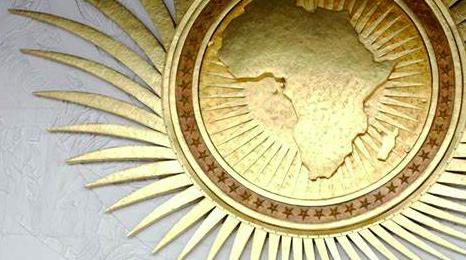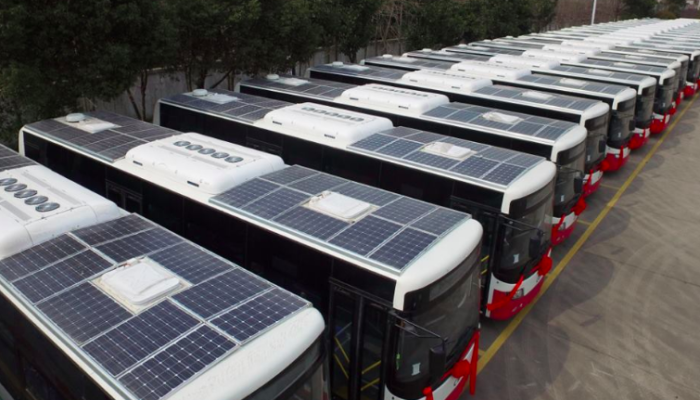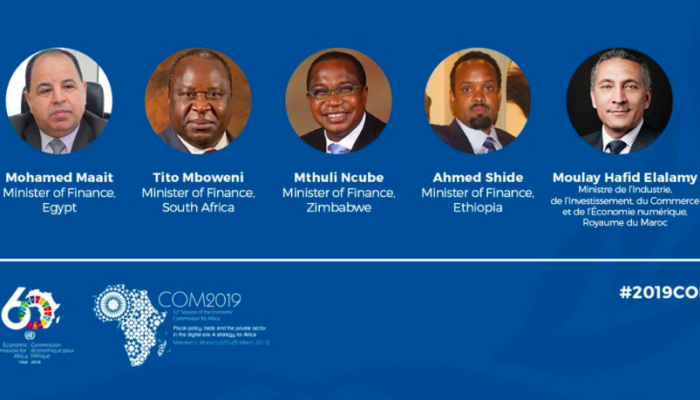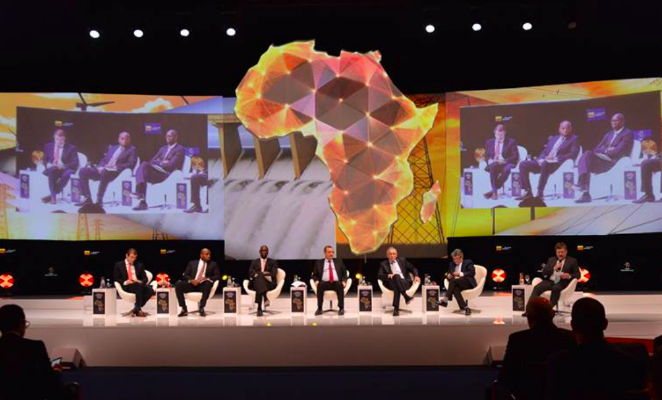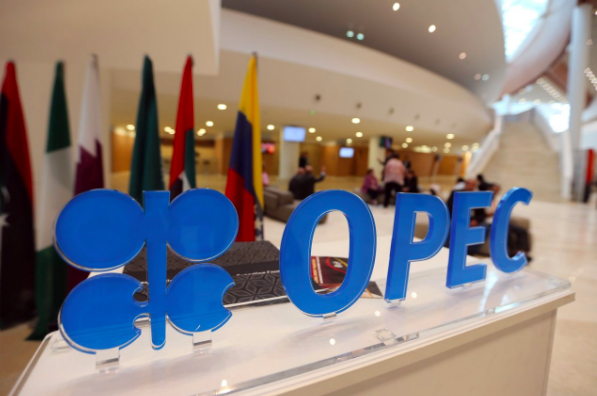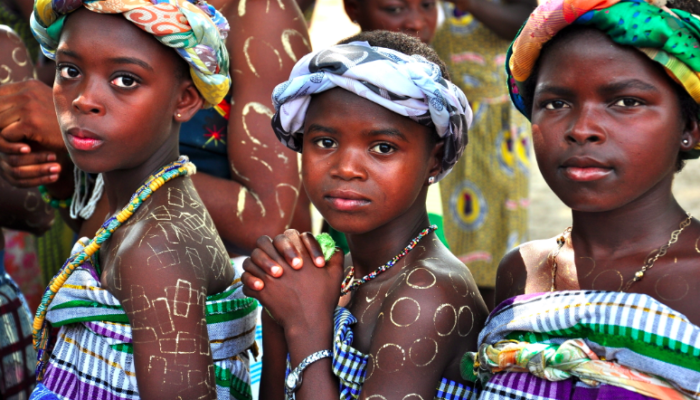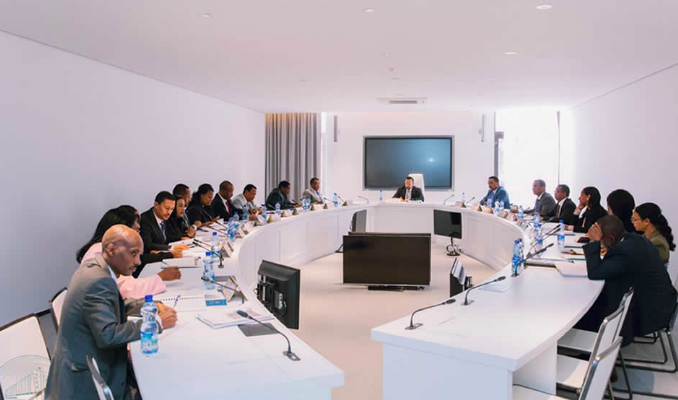Gambia’s parliament on Tuesday approved the Africa Continental Free Trade Agreement (AfCFTA), becoming the 22nd nation to do so, and effectively meeting the minimum threshold for the agreement to come into force.
The AfCFTA which was enacted last year, seeks to create the largest trade zone in the world, increase intra-African trade by 52% by the year 2022 and remove tariffs on 90% of goods.
African Union’s Commissioner for Trade and Industry, Albert Muchanga led celebrations of the historic achievement, posting on his office Twitter account that the AfCFTA market is ready for the launch of its operational phase in July this year’.
Source: Africa News

